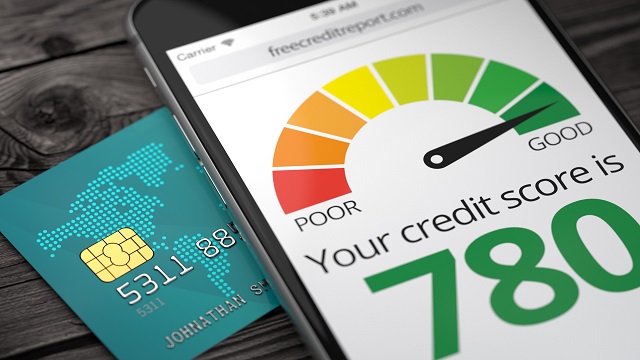Understanding Your Credit Score: What it Means and How to Improve It
Your credit score is an important indicator of your financial health. It’s a numerical representation of your creditworthiness, and is used by lenders, landlords, and even employers to determine your eligibility for loans, apartments, and jobs. Understanding your credit score is crucial for maintaining good financial standing, and improving it can help you achieve your financial goals. In this article, we’ll explore what your credit score means, how it’s calculated, and tips for improving it.
What is a Credit Score?
A credit score is a three-digit number that ranges from 300 to 850. The higher your credit score, the more creditworthy you are perceived to be. Your credit score is determined by a number of factors, including:
- Payment history
- Amounts owed
- Length of credit history
- New credit
- Credit mix
Your credit score is used by lenders to determine your creditworthiness and the likelihood that you will repay your debts on time. A high credit score can help you qualify for lower interest rates and better terms on loans, credit cards, and mortgages. A low credit score, on the other hand, can make it difficult to obtain credit and may result in higher interest rates and fees.
How is a Credit Score Calculated?
Your credit score is calculated by credit reporting agencies, which collect information about your credit history from various sources, including lenders, credit card companies, and public records. The two main credit reporting agencies in the United States are Equifax and TransUnion. Experian is another credit reporting agency that is widely used.
The most commonly used credit score model is the FICO score, which was developed by the Fair Isaac Corporation. FICO scores range from 300 to 850, with a score of 670 or higher considered good credit. The FICO score is calculated using the following five factors:
- Payment history (35% of score)
- Amounts owed (30% of score)
- Length of credit history (15% of score)
- New credit (10% of score)
- Credit mix (10% of score)
Each of these factors is weighted differently, with payment history and amounts owed having the most significant impact on your credit score.
How to Improve Your Credit Score
If you have a low credit score, there are steps you can take to improve it. Here are some tips:
1. Pay Your Bills on Time
Payment history is the most significant factor in determining your credit score, so it’s crucial to pay your bills on time. Late payments, collections, and bankruptcies can stay on your credit report for up to seven years and can have a significant impact on your credit score. Set up automatic payments or reminders to ensure that you never miss a payment.
2. Reduce Your Debt
The amount you owe also plays a significant role in determining your credit score. High balances on credit cards and loans can negatively impact your credit score, as it indicates that you may be overextended. Try to keep your credit card balances below 30% of your available credit, and focus on paying off debt as quickly as possible.
3. Monitor Your Credit Report
It’s important to regularly monitor your credit report to ensure that it is accurate and up-to-date. You can request a free credit report from each of the three major credit bureaus (Equifax, Experian, and TransUnion) once a year at AnnualCreditReport.com. Review your credit report for any errors or inaccuracies, such as accounts that do not belong to you or incorrect payment information. If you find any errors, be sure to dispute them with the credit bureau to have them corrected.
4. Limit New Credit Applications
Every time you apply for new credit, it results in a hard inquiry on your credit report. Too many hard inquiries can lower your credit score, so it’s important to limit new credit applications. Only apply for credit when you need it and have the ability to make payments on time.
5. Maintain a Good Payment History
Payment history is the most important factor in determining your credit score. Late payments, missed payments, and collections can have a significant negative impact on your credit score. Make it a priority to pay all of your bills on time and in full each month.
6. Use a Credit Monitoring Service
A credit monitoring service can help you keep track of your credit score and alert you to any changes or potential fraud. There are both free and paid services available, so do your research to find the one that best fits your needs.
Conclusion
Understanding your credit score is crucial to maintaining a healthy financial life. By following these tips and practicing good credit habits, you can improve your credit score and increase your chances of being approved for loans, credit cards, and other financial products.
